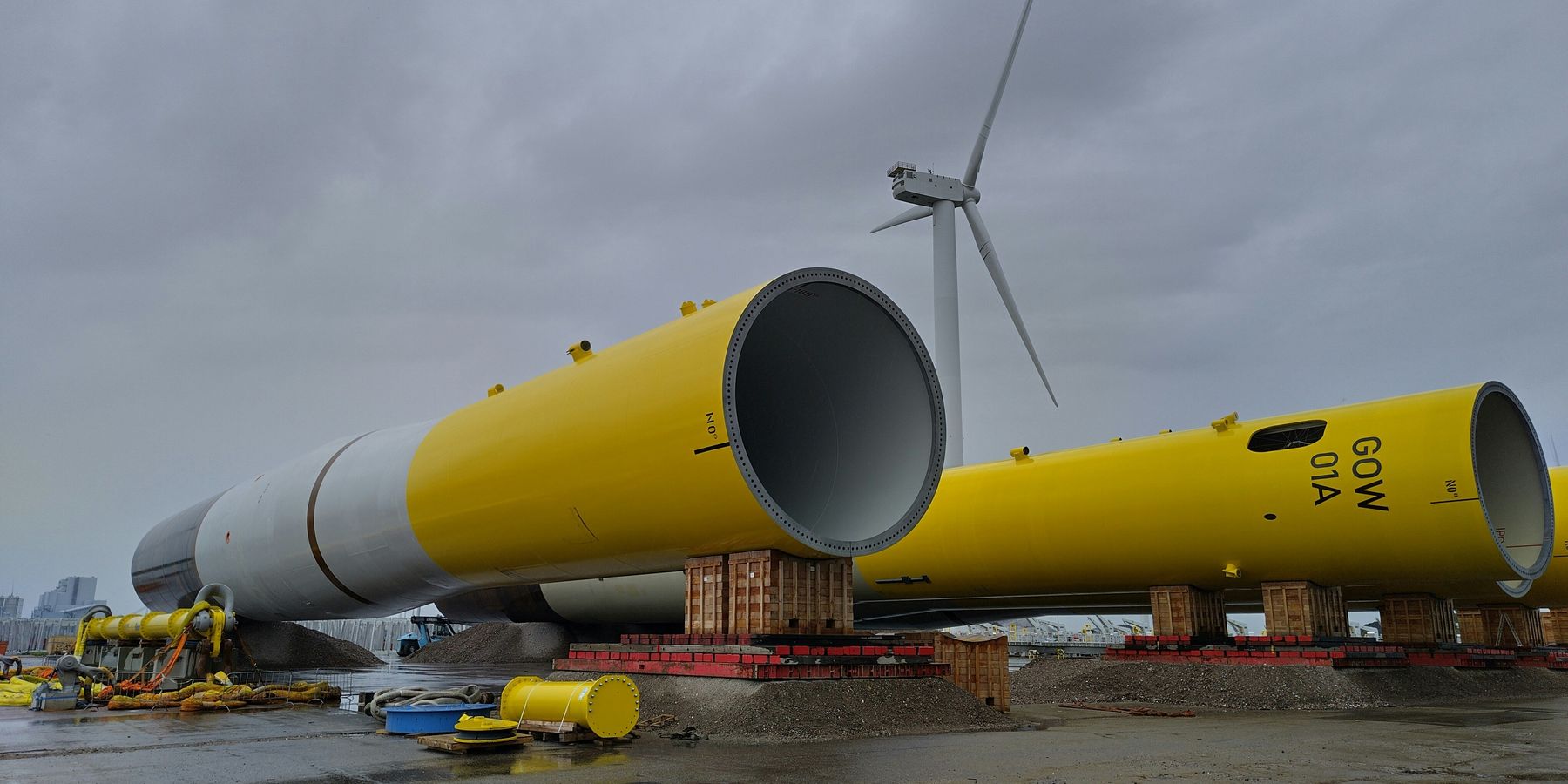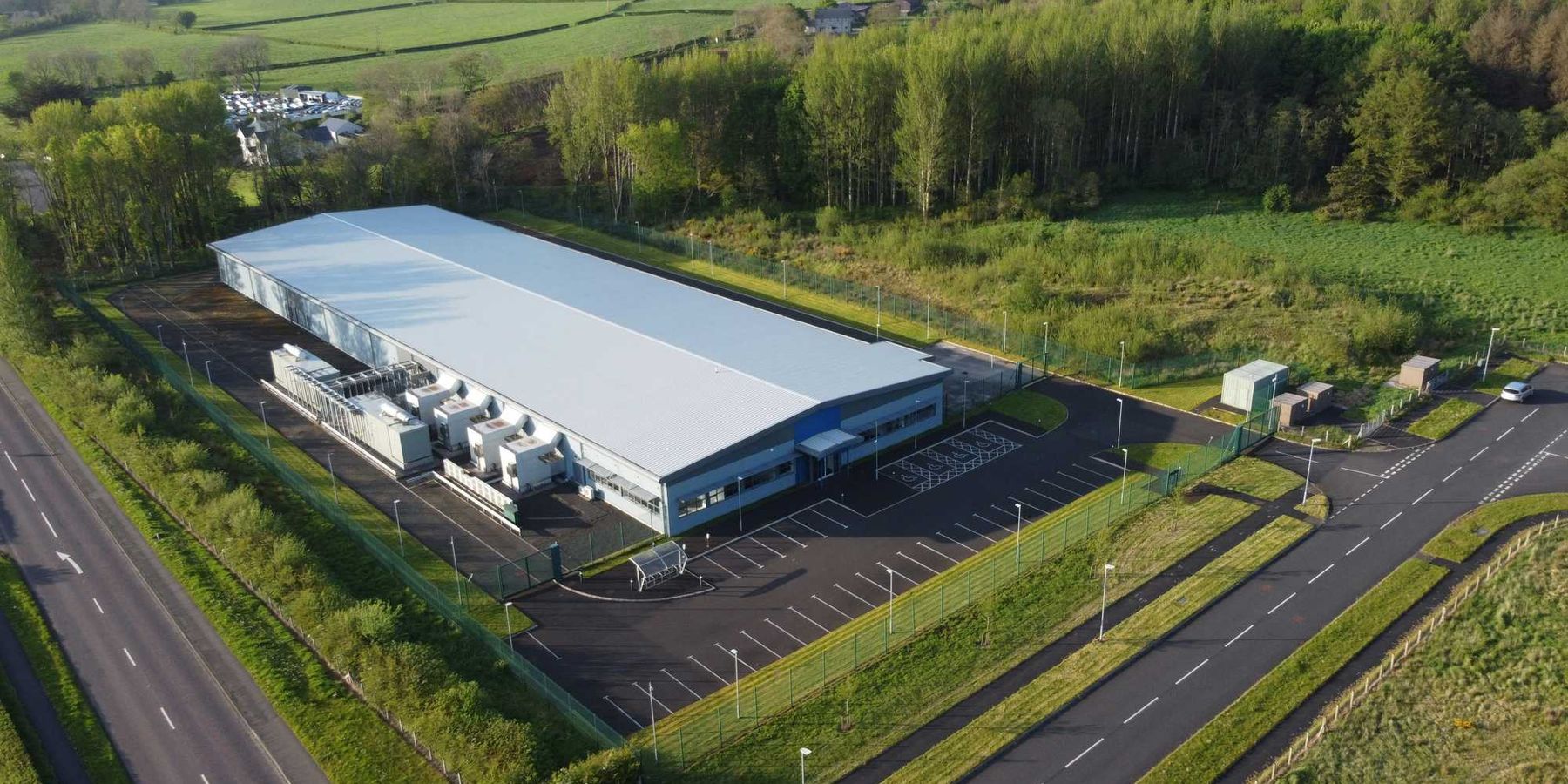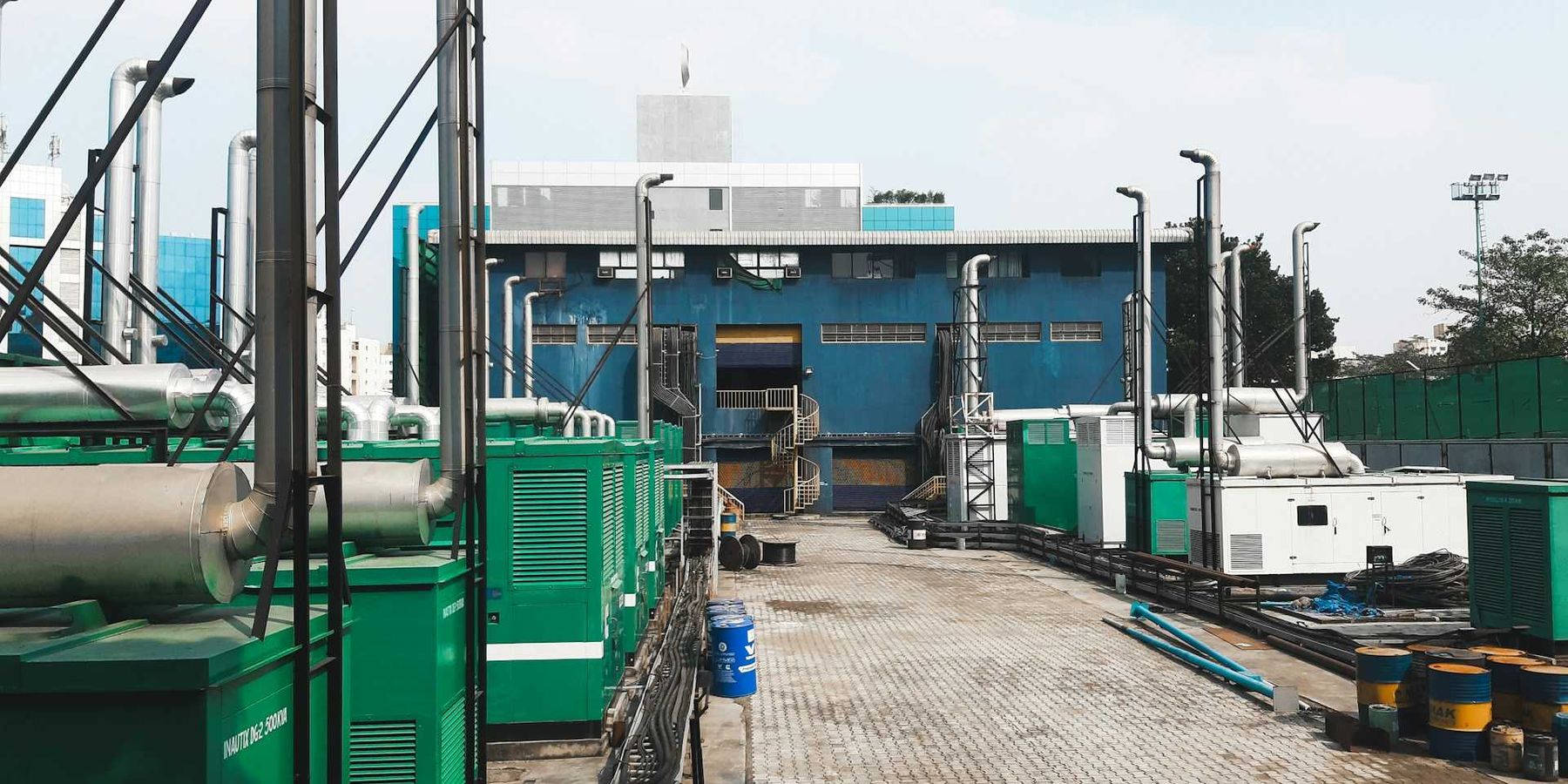Federal funds for methane-cutting digesters in farms could end up boosting methane emissions
The U.S. is investing millions in anaerobic digesters to cut methane emissions from cattle, but critics argue this may boost industrial-scale farming and methane production.
Marin Scotten reports for Floodlight.
In short:
- The Inflation Reduction Act funds anaerobic digesters to convert manure into biogas, aiming to reduce methane emissions.
- Critics claim the funding encourages the expansion of larger farms, potentially increasing overall methane emissions.
- The Biden Administration views digesters as a key technology for meeting the Global Methane Pledge targets of reducing the country’s methane emissions by 30% by 2030. So far, the U.S. is falling short on achieving that goal.
Key quote:
"Cutting methane quickly is the best lever we have to slow global warming in the next couple decades. Digesters are the single most effective tool in our toolbox."
— Michael Lerner, director of research at Energy Vision, a nonprofit that focuses on methane reduction.
Why this matters:
Large-scale farming often relies on practices and technologies that, while boosting productivity, can lead to increased methane emissions. For example, livestock farming is a significant source of methane due to enteric fermentation in ruminants. The drive for higher yields and greater efficiency in agriculture might lead to a paradox where the very technologies meant to enhance food production could exacerbate methane emissions.













